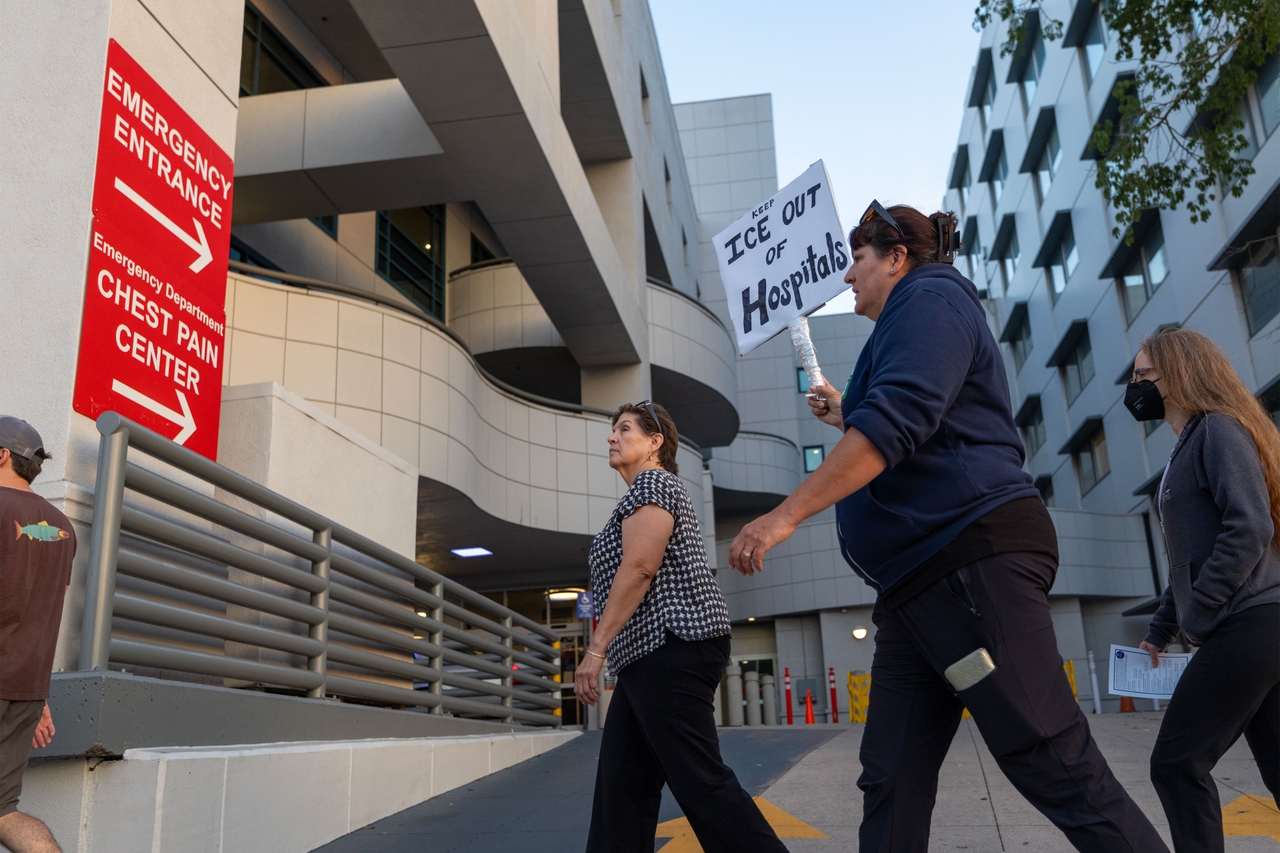Prostate cancer screening slashes risk of dying from the disease by 13 per cent, major study reveals

Published: | Updated:
Screening men for prostate cancer would save thousands of lives by slashing their risk of dying from the disease by 13 per cent, a major study reveals.
Testing led to a ‘sustained reduction’ in deaths over the 23-year follow-up period, with the benefits outweighing potential harms by even more than previously thought.
Researchers say their findings suggest a ‘targeted’ approach to prostate cancer screening could be adopted to reduce deaths while minimising excessive treatment.
They found that one death from prostate cancer was prevented for every 456 men who were invited for checks.
And one death from prostate cancer was averted for every 12 men in whom prostate cancer was diagnosed.
Commentators said the figures, published in the New England Journal of Medicine, are ‘comparable to that seen with breast or bowel cancer screening’.
It comes as the Daily Mail is campaigning to end needless prostate cancer deaths and for a national prostate cancer screening programme, initially for high risk men.
The UK National Screening Committee, which advises the government on which screening programmes to offer, is currently considering recent developments around prostate cancer diagnosis and is due to report its findings later this year.
The Daily Mail is campaigning to end needless prostate deaths
The latest study, led by experts at University Medical Center Rotterdam, could prove pivotal in that decision.
The researchers examined the risks and benefits of screening among 162,000 men from eight European countries, of which 72,000 were invited for screening.
They caution that there is a risk of over-treatment, with some men given therapy that could leave them impotent or incontinent when their tumour may have been slow-growing and never caused them problems over their lifetime.
But they stress they identified a ‘more favourable harm-to-benefit profile than previously estimated’.
And experts say diagnostic techniques and treatments have improved significantly since the trial was launched and doctors are now better able to tell which tumours should be treated and which can be safely monitored.
The researchers wrote: ‘These findings highlight the need for a more targeted strategy for prostate cancer screening that focuses on identifying population subgroups that are most likely to benefit from early detection while reducing unnecessary interventions for those with the highest risk of over-diagnosis.’
The study used the prostate-specific antigen (PSA) blood test, which is currently used to check for prostate conditions including prostate cancer or an enlarged prostate.
Former Conservative prime minister Rishi Sunak
Routine PSA testing is not currently offered on the NHS but men may be offered a test if a GP suspects they have prostate cancer.
Men over the age of 50 can ask their GP for a PSA test, even if they do not have symptoms.
Commenting on the new study, Nick James, professor of prostate and bladder cancer research at The Institute of Cancer Research, London, said: ‘The latest analysis from the European Randomised study of Screening for Prostate Cancer further strengthens the evidence base in favour of PSA-based prostate cancer screening.
‘The overall reduction, with longer follow-up, in risk of death is comparable to that seen with breast or bowel cancer screening.’
He added: ‘The well-known harms of screening, of over-diagnosis and over-treatment, can be substantially mitigated with technologies such as MRI pre-biopsy and for monitoring.
‘The side effects of treatment, such as incontinence, are substantially less with modern surgery and radiotherapy than the rates documented in the trial, further strengthening the case for screening.’
Prostate cancer is the most common cancer in men, with around 63,000 diagnoses and 12,000 deaths each year in the UK.
Nine in ten men diagnosed with prostate cancer in its early stages are still alive ten years later but this falls to fewer than one in five if caught late, once it has spread around the body.
David James, director of patient projects and influencing at Prostate Cancer Research
David James, director of patient projects and influencing at Prostate Cancer Research, said: 'For years, men have been told that we can’t have a national screening programme because PSA testing does more harm than good.
'This trial shows that simply isn’t true.
'The balance between the benefits of screening and the harms it can cause is far better than previously suggested - screening saves lives while minimising side effects.
'Prostate cancer is the most common cancer in men and the second biggest male cancer killer in the UK.
'No man should die just because his cancer wasn’t found in time.
'There are families who will lose fathers and grandfathers because it’s caught too late and this won't change unless we start screening.
'We have the technology, we have the treatments, and we now have overwhelming evidence.
'It’s high time for screening in the UK.'
Dr Matthew Hobbs, director of research at Prostate Cancer UK, said: ‘The ERSPC trial was one of the largest prostate cancer screening studies ever conducted, and 23 years on it’s now shown that the balance between the benefits and harms of screening with PSA testing is better than previously thought.
‘Although a large number of men were over-treated – a major reason we don’t currently have screening – that number has also reduced in this latest analysis.
‘This is exactly the kind of high-quality evidence that the National Screening Committee needs to consider when making its decision on whether to screen men later this year, especially for men at higher risk like black men and men with a family history.’
Rishi Sunak this month said prostate cancer screening would save thousands of lives a year and have a 'generational impact' on men's health.
The former Conservative prime minister stood alongside Labour's deputy prime minister David Lammy as they called for targeted checks for men at highest risk of the disease.
The cross-party show of support came at the parliamentary launch of a Prostate Cancer Research report showing such a programme would cost the NHS just £18 per patient.
Health secretary Wes Streeting has also declared his support for a national prostate cancer screening programme in a major boost for the Mail’s campaign.
The health secretary told MPs in April that he would like to see the NHS proactively offer men tests for the disease in a move that could prevent thousands of needless deaths.
He said he is ‘particularly sympathetic’ to the argument that this should initially be targeted at high-risk men.
The NHS already offers national screening programmes for breast, bowel and cervical cancers.
Daily Mail




